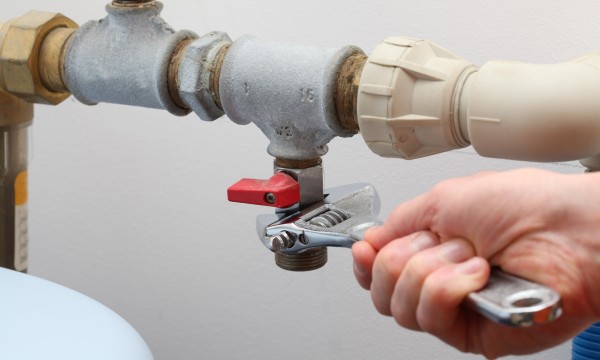This great article down below about Is Your Water Heater Leaking? is pretty much insightful. Give it a try and draw your own conclusions.

A hot water heater is one of one of the most crucial basic devices that can be found in a residence. With water heaters, you do not need to undergo the stress of home heating water by hand each time there is a demand to take a bath, wash, or the recipes. However, there is always an opportunity that your water heater would act up just like a lot of mechanical devices.
It is important to keep in mind any kind of little malfunction and tackle it rapidly prior to points get out of hand. Most times, your hot water heater starts to malfunction when there is an accumulation of debris as a result of continuous usage. As a safety measure, periodic flushing of your hot water heater is recommended to stop sediment build-up and stop functional failing.
Typical water heater emergencies and also exactly how to take care of them
Insufficient hot water
Dealing with a not enough supply of hot water can be frustrating. It might be that the water heater can not support the warm water need for your apartment or condo. To deal with this issue, you could attempt to readjust your heater's temperature level dial and wait on a couple of mins. If the problem persists, you can ask for the help of an expert plumber. Alternatively, you can update your water heater to one with a bigger capability.
Fluctuating water temperature level.
Your water heater might begin producing water of various temperature levels usually ice chilly or hot warm. There might be a requirement to change either the home heating or the thermostat device of your water heating system.
Leaking water heater tank.
A leaky container could be an indication of corrosion. It can trigger damage to the flooring, wall and also electrical tools around it. You might even be at threat of having your apartment or condo flooded. In this scenario, you ought to switch off your water heater, enable it to cool down, as well as carefully try to find the resource of the problem. At times, all you require to do is to tighten up a few screws or pipeline links in cases of minor leakages. If this doesn't work and also the leakage lingers, you could need to utilize the solutions of a technician for a suitable substitute.
Tarnished or odiferous water
When this occurs, you need to recognize if the problem is from the water or the tank resource. If there is no amusing smell when you run chilly water, after that you are certain that it is your water heating unit that is damaged. The smelly water can be triggered by rust or the accumulation of microorganisms or debris in the water heating unit tank.
Conclusion
Some home owners neglect little warning and also minor faults in their hot water heater unit. This just causes further damage and also a possible full malfunction of your appliance. You ought to manage your water heater mistakes as quickly as they come near prevent even more expenses and also unneeded emergency difficulties.
With water heating units, you don't need to go via the stress and anxiety of heating water manually every time there is a requirement to take a bath, do the washing, or the dishes. It might be that the water heating unit can't support the hot water need for your home. Your water heater could start creating water of various temperature levels normally ice hot or chilly warm. If there is no amusing odor when you run chilly water, then you are certain that it is your water heater that is damaged. The stinky water can be caused by corrosion or the build-up of germs or sediments in the water heater container.
Common Water Heater Issues and What You Should Do
What Type of Water Heater Do You Have?
Before we begin it’s first important that you identify the type of water heater you have on your property. There are two main types of water heaters out there: conventional and high efficiency.
Both of these types of products typically use either gas or electricity to heat power. There are also solar water heaters that use a thermal collector on the roof or yard to heat the water.
While these models are not as common, they can cut heating costs in half. In this article, we will focus on conventional and high efficiency.
How Do My Electric and Gas Water Heater Work?
Though they look similar, electric and gas water heaters work very differently. It’s important to know their basic function because often problems can be specific to the heating source.
In the electric model, a thermostat on the side of the machine detects the temperature of the water in the tank. When the temperature needs to rise electricity flows to a heating element suspended in the water.
Gas models also use a thermostat device — typically with a mercury sensor at the tip and an additional sensor called a thermocouple. The thermocouple detects whether the pilot light is on and controls the flow of gas.
When the thermostat drops below the appropriate level gas is released which becomes ignited by the pilot light. The flame heats the bottom of the water tank which causes hot water to rise and cold water to drop.
This natural circulation continues until the water reaches the desired temperature. Then, the thermostat triggers the gas control valve to shut off the flow of gas.
What Are the Most Common Issues and How Do You Fix Them?
https://happyhiller.com/blog/common-water-heater-issues-and-what-you-should-do/

We had been introduced to that editorial on Warning Signs You Need Water Heater Repairs through a good friend on another website. Loved our blog entry? Please share it. Help someone else check it out. I recognize the value of reading our article about Is Your Water Heater Leaking?.
We're on standby!